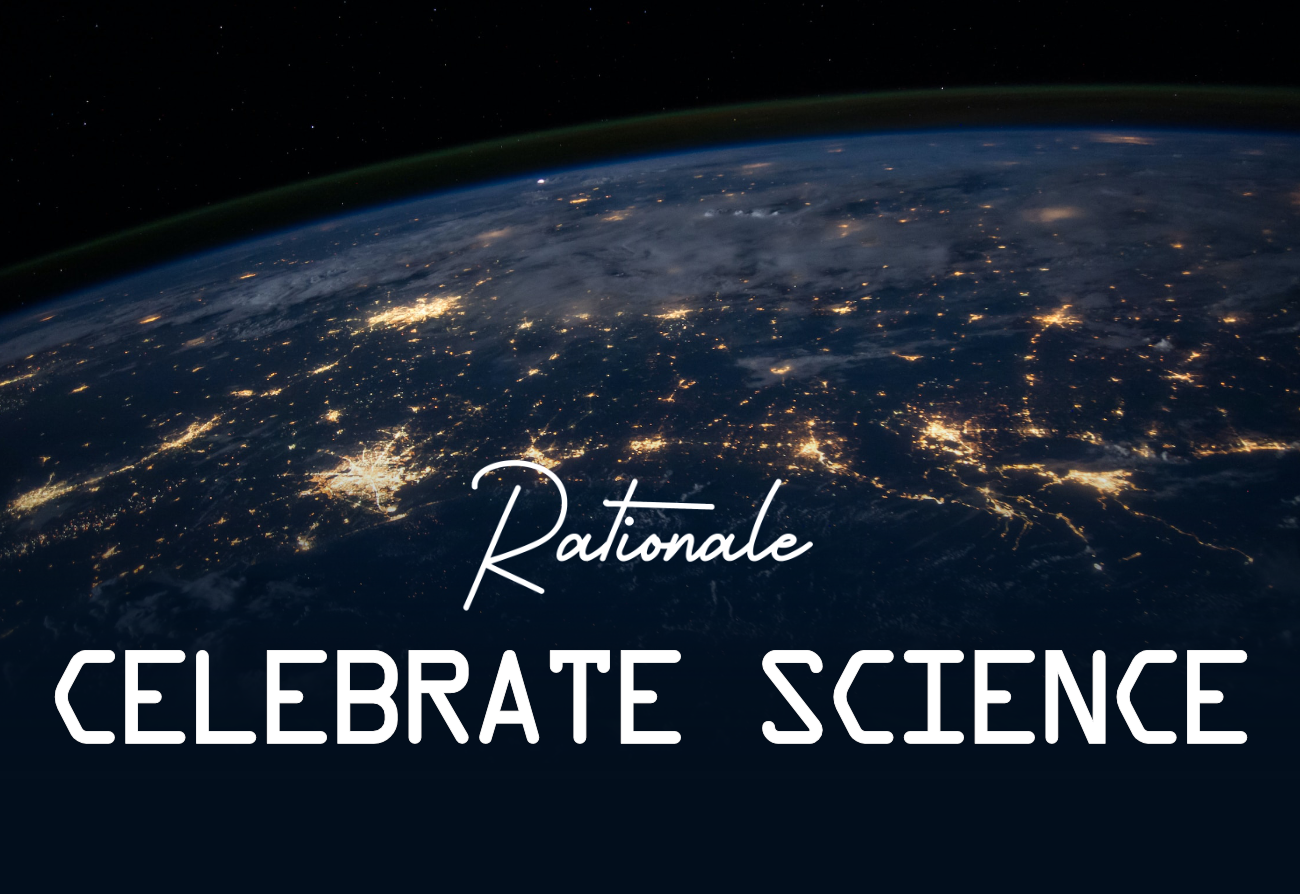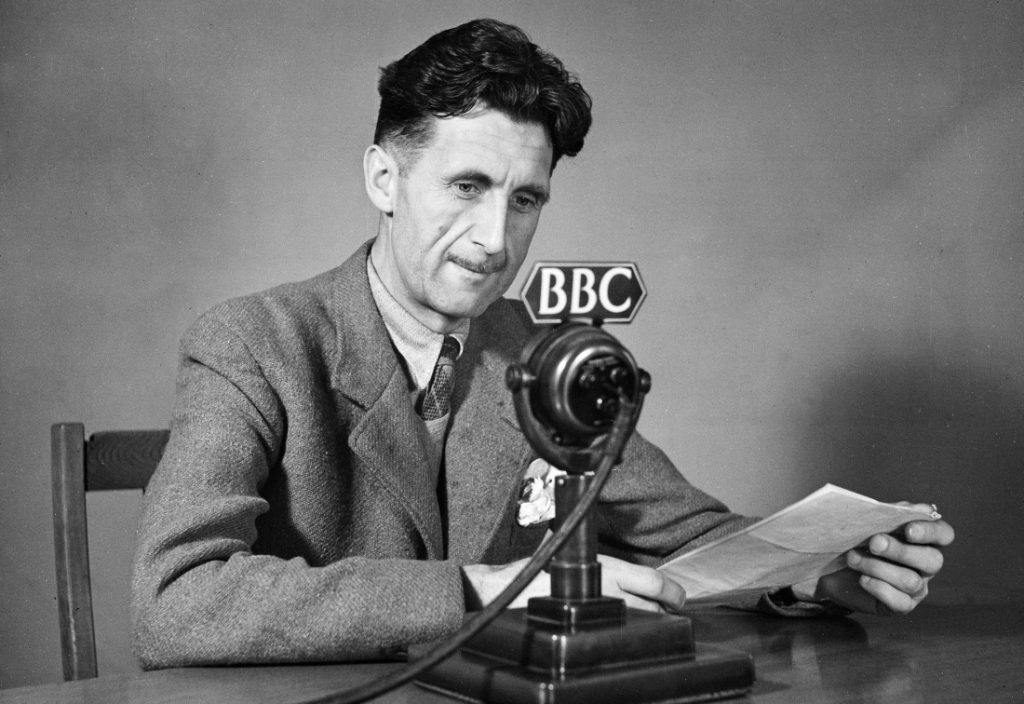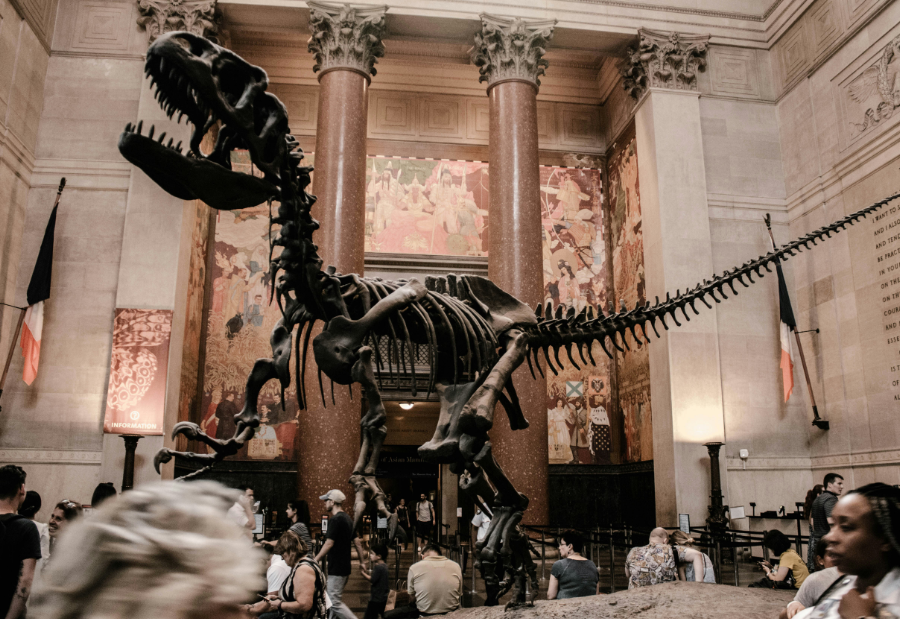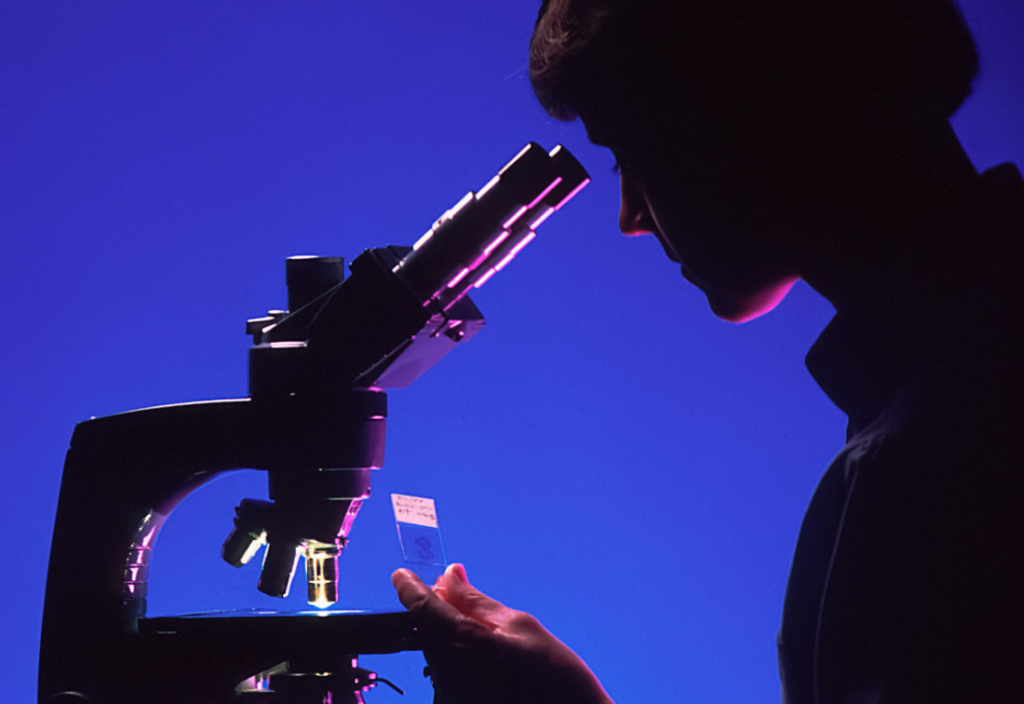This article is part of our ‘Celebrate Science’ feature series to mark National Science Week. It was originally published in the Spring 2013 edition of the Australian Rationalist and has been adapted by the author for re-publication.
In his 1997 essay, Stephen Jay Gould proposed that religion and science are non-overlapping magisteria, stating that:
The lack of conflict between science and religion arises from a lack of overlap between their respective domains of professional expertise—science in the empirical constitution of the universe, and religion in the search for proper ethical values and the spiritual meaning of our lives.
It says a lot about how the religious have dominated the moral discourse that even many scientists defer ethical matters to them without objection. But what is wrong with Gould’s proposition?
First, even if one ignores the instances that religion is expressly in conflict with science – such as when it lobbies to prevent stem-cell research and have creationism taught in schools – the two nonetheless remain fundamentally irreconcilable.
Second, religion does not restrict itself to moral teachings, and the role of science in developing an intelligent ethical framework is unavoidable.
On conflict
On the face of it, the argument that there exists no conflict between science and religion seems patently absurd. Numerous conflicts spring to mind, and one doesn’t have to read a history book to find them, only a newspaper.
The philosopher Russell Blackford argues that the reason it is even possible to imagine no conflict between science and religion is a result of just how much the religious have had to concede:
Historically, religions have been encyclopedic systems of belief, offering explanations of a vast range of phenomena … As encyclopedic systems, they inevitably come into conflict with science as the latter provides more and more facts about how the world actually works. Religion can avoid direct conflicts only by retreating into highly abstract and more-or-less unfalsifiable positions. Some modern-day versions of religion may well have retreated so far from falsifiability that they are no longer in direct conflict with science, but that’s a fascinating historical development, not an indication that religion and science exercise inherently different and non-overlapping magisteria.
Over and over again history has proven religion to not just be wrong, but embarrassingly, fatuously wrong; so much so that it would appear the only thing all religions got right is that all other religions are wrong.
And now the religious stand before us clinging to the one thing science is yet to take from them – morality.
If conflict exists between science and religion, it is either because religion suppresses science or makes claims that science deems false. Although the former is not as prevalent as it once was, the latter remains as rampant as ever.
On reconcilability
The metaphysical claims of religion are neither falsifiable nor verifiable, so science has little to say about them, save them being claims to truths that no primate can possibly know. But the religious can only retreat so far into unfalsifiability, because at the core of every religion is theism, which is falsifiable.
Theists believe that God or gods intervene in the universe, performing miracles and paying particular attention to human affairs, especially concerning matters of diet, conduct and what we do whilst naked.
It is theism that makes religion irreconcilable with science. Once God is said to intervene in the natural universe, the role of science in determining if this is so becomes inescapable because science deals with the natural universe.
Were the God of religion simply a deistic one – a non-interventionist deity who created the universe and left it to its own devices – then science might be left out of the equation (barring advances in physics).
And if religious apologists are content to dodge scientific criticism by invoking the non-overlapping magisteria argument, then they forfeit any claim that their beliefs are supported by science. Conscious of this, many religious apologists are critical of Gould’s non-overlapping magisteria.
If to be rational is to employ the use of logic, reason and evidence to arrive at one’s conclusions – and I maintain that this is as good a definition as any – then clearly religious people are rational if they employ the use of logic, reason and evidence. The trouble is religious arguments are riddled with logical fallacies, anecdotal evidence and fallacious reasoning. Rational they might be, scientific they are not.
And if ever there was a case that exemplified religious beliefs being unscientific, it is the curious case of Francis Collins. In The Language of God, Collins seems to echo Gould when he says:
In my view, there is no conflict in being a rigorous scientist and a person who believes in a God who takes a personal interest in each one of us. Science’s domain is to explore nature. God’s domain is in the spiritual world, a realm not possible to explore with the tools and language of science. It must be examined with the heart, the mind, and the soul—and the mind must find a way to embrace both realms.
It so happens the mind has found a way to embrace both science and religion. It is called cognitive dissonance.
Collins is a scientist best known for his work leading the Human Genome Project, but he is also a believing Christian. As such, he believes in a “God who takes a personal interest in each of us.” He believes in miracles including, among others, the virgin birth and literal (not merely metaphorical) resurrection of Jesus Christ.
Were any scientist, even one as esteemed as Collins, to give a presentation detailing how the literal resurrection of Christ occurred based entirely on questionable historical texts they would be laughed out the room, and rightly so.
Collins knows the claims of religion are extraordinary. He also knows there is no extraordinary evidence to support these claims. In his mind there is dissonance. He reduces it by changing his opinion about the evidence to the point that even a frozen waterfall is taken as definitive proof of God’s existence.
On difference
In order to fully understand why religion and science are irreconcilable, we need first consider their fundamental differences. We can view these differences in terms of their foundation, structure and integrality.
The foundational difference between religion and science is that the former is grounded in mysticism and the latter in philosophy. The former foundation is one of ignorance and superstition propped up by faith; the latter the systematic endeavour to eliminate such things through a process of logic and reasoning. As far as foundations go, this is the difference between sand and cement.
Due to their different foundations, religion and science have marked structural differences. Supporting religion and reinforcing the conviction of religious adherents is scripture, ritual and tradition; the ossifying nature of which is, if not immutable, at the very least enduring, which necessitates absolutism.
Supporting science and reinforcing the doubt of scientists is the scientific method, and scepticism therein. The conviction of scientists comes only from mountains of mutually supporting evidence that withstand repeated attempts at falsification and verification, and even then it is never absolute.
Religion deals in absolute, revealed truth that is promulgated by dogma. Science contends that although truth might be absolute it can never be known with absolute certainty, and that any certainty whatever can only be viewed in terms of probability having examined all available evidence.
Integral to religion is theology, which has the impossible task of justifying religious texts and arguments based on countless presuppositions. This is why religious reasoning is always circular.
Integral to science is humanism – though this is perhaps less obvious. It is often argued by religious apologists that science has nothing to offer by way of determining human values, or so much as even contributing to a conversation about morality. As a result of science exposing religious claims about the natural universe to be false, the religious now cling to their moral high horse, but they do not have the moral high ground.
In The Moral Landscape, Sam Harris argued that once we accept moral questions are really questions about the wellbeing of conscious creatures, a science of morality is not merely possible but inescapable.
While I do not think science can determine human values, as the subtitle of Harris’ book boldly proclaims, I am certain that philosophical reasoning and the scientific method can help answer moral questions better than any holy book.
Humanism is integral to science because the understanding that our morality has no supernatural basis forms the foundation of a science of morality, and it is this fledgling field of scientific inquiry that gives science heart.
Science has given rise to unprecedented advances in knowledge and technology. The great revelation is it can also inform how we use them by grounding morality in the rational, empirical examination of the natural world.
The religious can cling to their moral high horse all they like. Sooner or later they will realise they are flogging a dead horse. Morality is biological and psychological, not divine.
Photo by Nasa on Unsplash.














